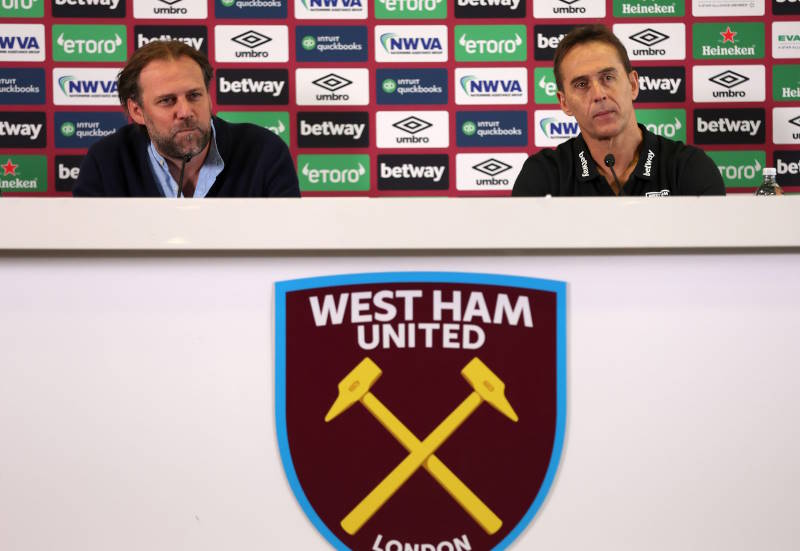Ozzy Neav
Over the past several years, the Israeli Premier League has suffered a severe decline in television ratings and match attendances. While the quantity of televised matches has grown insurmountably, more and more Israelis are leaving their television sets switched off and skipping over the back pages of daily publications. Some would rightfully argue that Israeli football is not driven by television revenue, but rather by deep and charitable pockets of the wealthy, yet this is still a cause for great concern. Are Israelis abandoning the beautiful game? Let’s look at some of the theories behind this decline.
Bunker Football
Colour commentator and former Beitar and Israeli international midfielder Itsik Zohar said it best when he complained, “it’s just too defensive.” Israeli sides, notorious for their bunker tactics in European club competition, have unfortunately carried on some of this arduous and dull philosophy in domestic games. Fans have jeered and ridiculed this “stay at home” style, with some even going as far as boycotting games. But defensive football has proven its credibility on numerous occasions and is a sound and plausible tactic in the eyes of Israeli coaches. For lovers of the great game however, there is nothing worse on the eyes than safe and risk free football.
Coaching Caution
One of the reasons that football coaches have been forced to use bunker defensive tactics, is because the average Israeli fan has arguably less patience than any other fan worldwide. Fans in
There are currently 20 Israeli internationals concentrated either abroad or in the hands of one club, Beitar; ten or so in
Lack of goals
The IPL has undergone a goal famine over the last decade or so. While the biggest reason for this could be the league contracting from 16 down to a 12 teams, there is also a glaring lack of proficient strikers who can not score consistently, or create opportunities too. The measuring stick for strikers is two fold. 1) Can they shoot properly while in motion and 2) do they run quickly enough to create an effective counter attack? Unfortunately, in
Outside Distractions:
This issue is relevant not only in football, but sports in general and encompasses all of society. With numerous entertainment sources available in the modern world, football has more competition on its hands. In decades past, there were many situations where football found itself on a pedestal. Being the only show in town attracted perhaps more supporters than the beautiful game actually merited. Those glory days are long gone and are likely never to return. The internet, television and easily accessible social leisure activities are ready to take a chunk out of the entertainment pie. Football in













